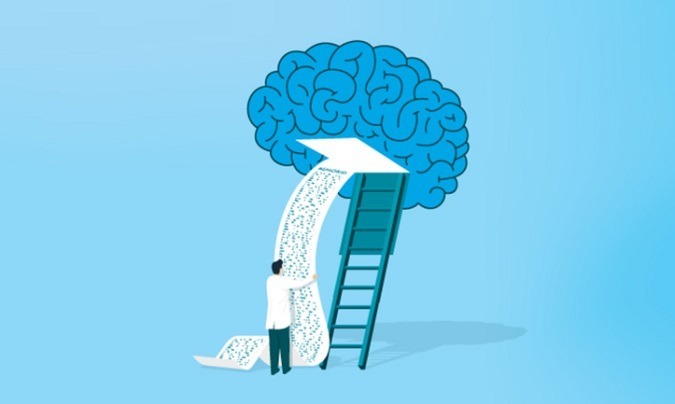New $30M venture philanthropy fund aims at revolutionizing the diagnosis of Alzheimer’s Disease
 _____
_____
Why diagnosing Alzheimer’s today is so difficult—and how we can do better (Bill Gates):
“Alzheimer’s research is a frontier where we can dramatically improve human life—both the lives of people who have the disease and their loved ones. I’m optimistic that we can substantially alter the course of Alzheimer’s if we make progress in several key areas. One of the biggest things we could do right now is develop a reliable, affordable, and accessible diagnostic.
The process of getting diagnosed with Alzheimer’s today is less than ideal…First, it can be expensive and invasive…Second, patients aren’t being tested for the disease until they start showing cognitive decline. The more we understand about Alzheimer’s, the clearer it becomes that the disease begins much earlier than we previously thought…
That’s why my next investment in Alzheimer’s research is in a new fund called Diagnostics Accelerator. This project of the Alzheimer’s Drug Discovery Foundation (ADDF) aims to accelerate bold new ideas for earlier and better diagnosis of the disease. Today I’m joining Leonard Lauder, ADDF, the Dolby family, the Charles and Helen Schwab Foundation, and other donors in committing more than $30 million to help launch Diagnostics Accelerator…
My hope is that this investment builds a bridge from academic research to a reliable, affordable, and accessible diagnostic. I expect to see lots of new players come to the table, who have innovative new ideas but might not have previously had the resources to explore them. If you think you’re one of these bold thinkers, we want to hear your great ideas. I encourage you to apply for funding on the new Diagnostics Accelerator website here.”
News in Context:
- Bill Gates announces $50 million investment to fight Alzheimer’s Disease
- From Anti-Alzheimer’s ‘Magic Bullets’ to True Brain Health
- Solving the Brain Fitness Puzzle Is the Key to Self-Empowered Aging
- 10 million people develop dementia every year
- Report: 35% of worldwide dementia cases could be prevented by modifying these 9 modifiable risk factors
- Brainnovations Winner Jan Samzelius on why monitoring Typing Cadence may help detect early Parkinson’s and Alzheimer’s Disease
- Firms Race to Find New Ways to Scan Brain Health
- Five reasons the future of brain enhancement is digital, pervasive and (hopefully) bright


